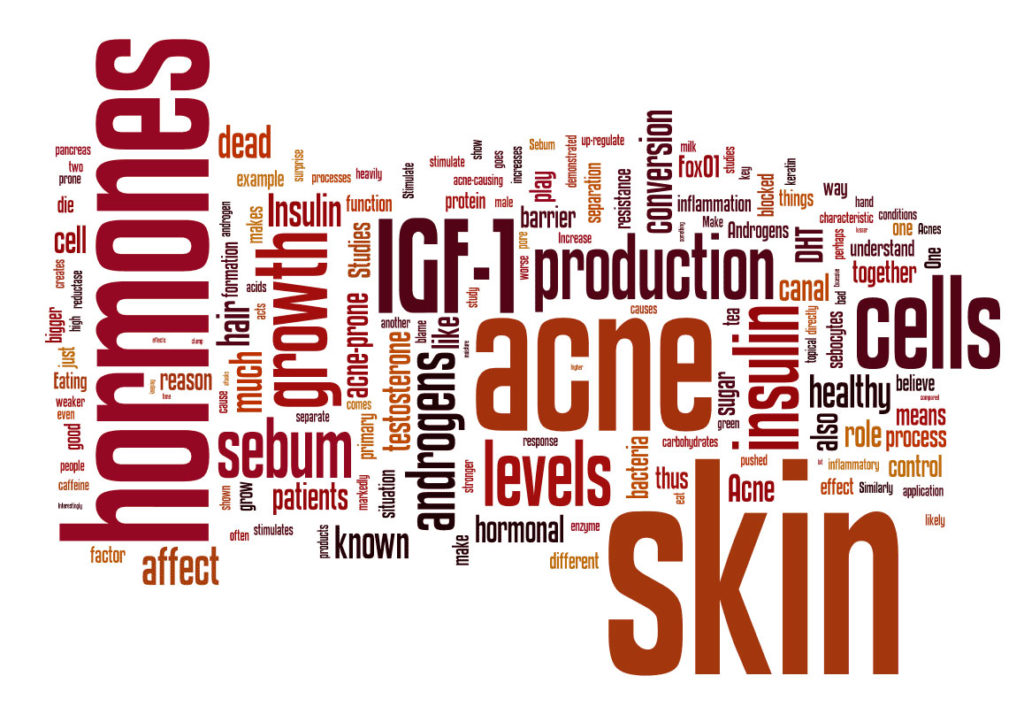Micronutrients (vitamins, minerals and antioxidants) are the nutrients we need in smaller amounts but are essential for life – a deficiency of any one of them could result in disease. Think of scurvy (a life-threatening disease), which was a problem for sailors in the 1700s – eating citrus fruit (vitamin C) prevented it.
Carbohydrates are found in fruit, vegetables, grains, legumes, seeds, nuts and dairy products and are classified as either:
Simple carbs are broken down quickly in the digestive system causing a rapid release of sugar into the bloodstream. Complex carbs are digested more slowly and so don’t cause the same spike in blood sugar levels.
Our bodies can’t cope with high levels of sugar in the blood as it damages the small blood vessels in our bodies. When these blood vessels are damaged, they don’t function properly and, therefore, cannot provide that part of the body with enough nutrients and oxygen to keep it healthy. Without sufficient oxygen and nutrients, that part of the body becomes damaged. These small blood vessels can be found in the eye, fingers, toes, and internal organs like the liver.
Highly refined carbohydrates like white bread, white rice and pasta are digested very quickly and cause spikes in blood sugar levels. This includes products made with white flour – cakes, pastries etc.
More than quantity, it is the quality of the carbohydrates that we are eating that is the problem. Our diets have become very carb-heavy and micronutrient poor.
Many of the carbohydrates in our diets these days are micronutrient poor, which does not promote good health. These are often highly processed, packaged foods. Not all carbs are equal. We need good quality carbs like those found in nuts, seeds, fruit, vegetables, dairy, and legumes, which also contain fibre, calcium, protein and many other nutrients. Poorer quality carbs are those found in foods like pasta, rice, muesli bars, bread, noodles and crackers and only contain a little protein and fat but are low in nutrients and are usually very processed.
The carbs we really need to avoid as much as possible are those found in lollies, sugary drinks, and sugar. They don’t provide anything beneficial for the body and have a negative impact on health. Sugar hides in many processed foods – it has many different names on food labels.
Added sugars are found in cakes, biscuits, and even foods we don’t traditionally think of as sweet, like peanut butter, tomato sauce and flavoured rice mixes. Eating lots of simple carbs increases the level of unhealthy fats in our blood, thereby increasing our risk for heart disease and decreasing our ‘good cholesterol’, which is one of the risk factors for developing type 2 diabetes. High-sugar diets are low in nutrient density and contribute to obesity – another trigger for Type 2 diabetes.
Certain carbohydrates may be the culprit if you are struggling with IBS symptoms. Carbohydrates contain FODMAPs, which may trigger your symptoms. Contact me to discuss how a low FODMAP diet may help you.
If you would like help with creating new habits and planning a nutritious way of eating for you, learn more about my services or book through our website to make your first appointment with me here: https://34.129.192.213/team/paula/.
Paula Southworth
Registered Nutritionist (NZ) & Health Coach
(BSc Nutrition and Sports Science)
Member of the Nutrition Society of New Zealand



